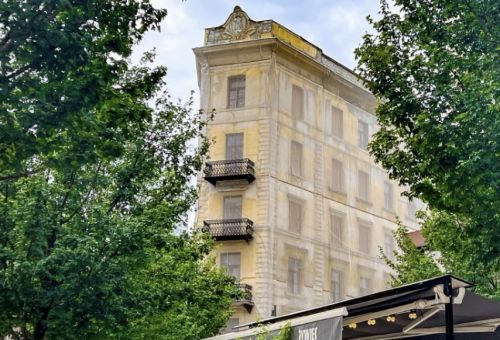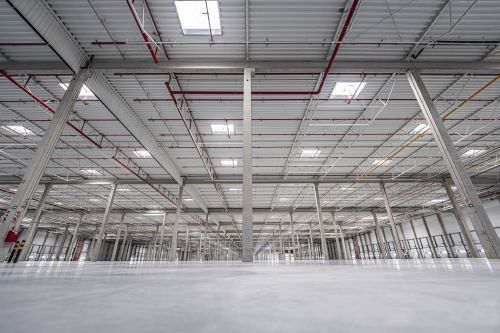An app that allows you to order room service by tapping an emoji, a hotel lobby that resembles a co-working office, a bar that serves regional beers, and spaces for the local community – These are just some of the new amenities that have been introduced by hotels of which a growing number are now being modernised. The reason is that growing customer expectations are pushing both operators and owners to create hotel brands that provide a unique experience.
As a result of changes around the world in who hotel guests are as well as the evolution of (or even the revolution in) their expectations, the traditional categorisation of hotels based on stars is being gradually replaced with different segments including budget, business, lifestyle and luxury hotels.
The growing middle class in both Poland and around the world consists, above all, of increasingly savvy consumers who are looking for a unique and authentic experience that matches their individuality. For guests, spacious roo





























































Strong warehouse sector whilst capital cautious and offices yet to rebound
Strong warehouse sector whilst capital cautious and offices yet to rebound
Poland’s commercial real estate market enters 2026 in good health and with solid growth potential. Warehouses remain one of the strongest sectors in Europe, while constrained ...
Newmark Polska
The end of greenwashing as flex grows in strength
The end of greenwashing as flex grows in strength
The office sector is entering a period of deeper qualitative and financial scrutiny. Decisions regarding new projects, refurbishments, or leasing are now supported by more thorough ...
Walter Herz
The quiet revolution in Małopolska
The quiet revolution in Małopolska
Developers across the region are increasingly favouring heat pumps and photovoltaic systems over traditional gas boilers in warehouse construction. This shift marks a growing commi ...
Axi Immo